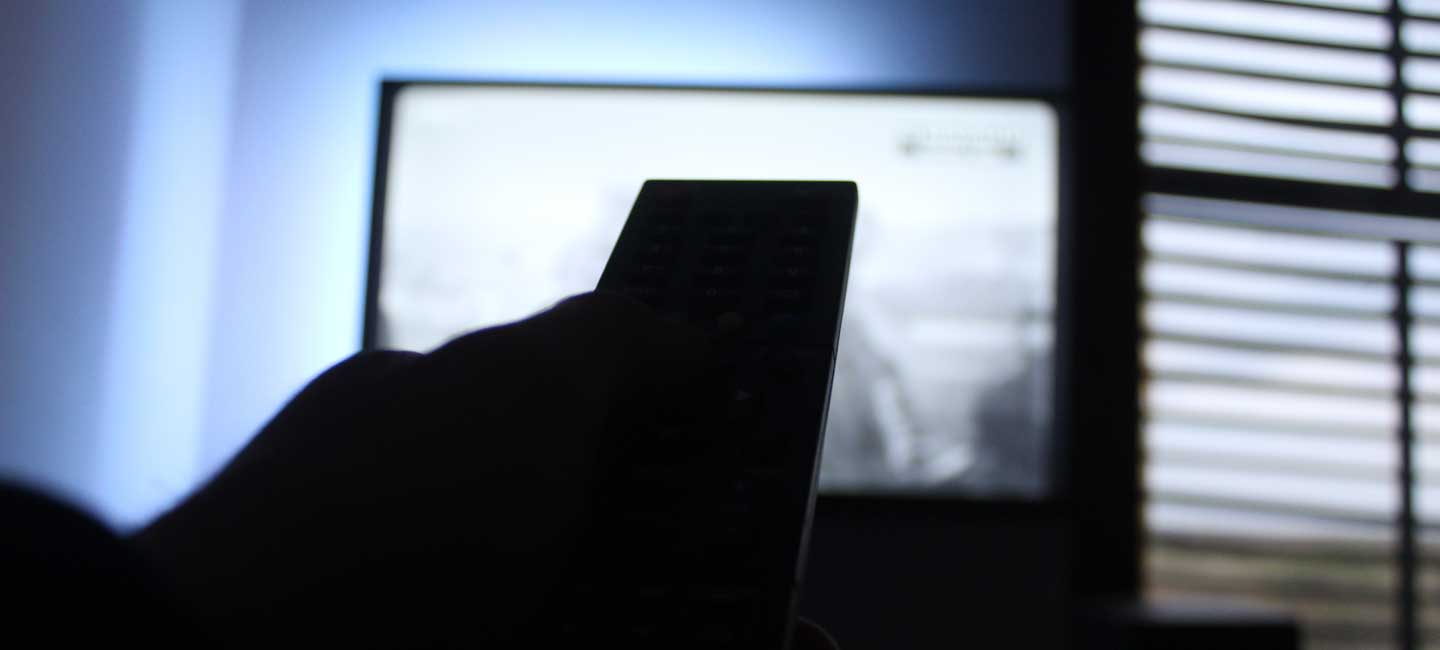Does Sleeping with the TV On Lead to Weight Gain?
Dozing off in front of the TV or sleeping with other lights on can affect your body’s metabolism and even lead to weight gain, according to a new study.
Researchers at the National Institutes of Health analyzed the sleeping habits of more than 43,000 women and found that women who reported sleeping at night in a room with the TV or a light on were 17% more likely to gain at least 11 pounds over five years compared to those who slept in darkness. They were also 30% more likely to become obese.

Dr. Brian Gonzalez, assistant member of the Health Outcomes & Behavior Department at Moffitt Cancer Center
“This study is important because the authors measured increases in weight,” said Moffitt Cancer Center researcher Dr. Brian D. Gonzalez. “Most previous studies showed that being overweight was more common in people exposed to light at nighttime, but we could still not answer whether overweight women were more likely to be exposed to light at night or whether nighttime light exposure resulted in weight gain. This study showed that artificial nighttime light exposure predicted later increases in weight, although the reverse may also be true.”
Daily exposure to light and darkness helps maintain the body’s 24-hour clock, which regulates metabolism, blood pressure and healthy sleeping patterns. Disrupting this typical sleep-wake cycle with things like exposure to light at night can contribute to poor health.
Gonzalez says the good news is, unlike genetic factors, exposure to artificial light at night is usually easy to change. You can make sure you aren’t disrupting your body’s clock by limiting smartphone usage before bed, turning the TV and other lights off and closing your blinds if you live near street lights.



